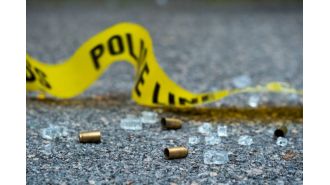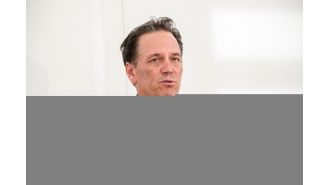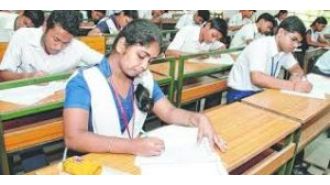What is the current whereabouts of the main figures in the Scottish independence vote?
Surveys reveal Scotland remains split on the matter, but significant changes have occurred for those impacted.

It was September 18, 2014, and all eyes were on Scotland as voters headed to the polls to cast their ballots. This was a momentous event in the country's history, and the tension was palpable. The question at hand was whether Scotland should become an independent nation, and everyone was holding their breath to see the outcome.
While polls indicated that the majority of Scots would reject the idea of independence, there was still a sense of uncertainty among those who supported it. With such a tight margin of error, there was a chance that the result could be a shocking one. And no matter how the vote turned out, one thing was clear: the conversation about independence had begun, and it wouldn't be stopping anytime soon.
Fast forward a decade, and surprisingly, not much has changed in terms of support and opposition for independence. Despite the highly unpopular Brexit and Conservative government, as well as controversy surrounding the SNP's finances that led to the arrests of top officials, the divide between those for and against independence remains strong. The 2014 referendum showed that 55% of voters were against independence, and recent polls still show a similar split with 56% against and 44% in favor.
But the past ten years have been full of highs and lows for the key players involved in the referendum. Let's take a look at what has happened to them since.
First up is Alex Salmond, who was Scotland's first minister at the time of the referendum. He had just led the pro-independence SNP to an unprecedented majority in the 2011 Scottish Parliament election. Salmond used this victory to negotiate with Prime Minister David Cameron, resulting in an agreement to hold the independence referendum in 2014. However, after the vote resulted in Scotland remaining in the UK, Salmond announced he would be stepping down as party leader and first minister. His deputy, Nicola Sturgeon, took over his position.
Despite leaving office, Salmond remained a prominent figure in the 2015 UK General Election. The Conservative party even went as far as accusing Labour of considering a coalition with the SNP, and produced a controversial poster depicting Labour leader Ed Miliband in Salmond's pocket. Salmond was able to secure a seat in the House of Commons, but was later ousted by the Tories in 2017. In 2018, he left the SNP amid allegations of sexual misconduct during his time as first minister. He was later arrested and charged with 14 offenses, including two counts of attempted rape. However, he was cleared of all charges in March 2020. In 2021, he became the leader of the Alba Party, a pro-independence party that has not found success in any election since its founding.
Next, we have former Prime Minister David Cameron. During his time in office, he took two major gambles on referendums. The first, the independence referendum in Scotland, went in his favor with Scotland voting to remain in the UK. However, his second referendum on Brexit did not have the same outcome, and he resigned as prime minister following the vote. Two months later, he also stepped down from the House of Commons. Recently, he has been appointed as foreign secretary and given a peerage by Prime Minister Rishi Sunak.
Nicola Sturgeon, Salmond's former deputy, was the face of the pro-independence campaign during the referendum. After the defeat, she was elected unopposed as the leader of the SNP, making her the first female Scottish first minister and the de facto leader of the independence movement. Sturgeon has since grown the party to become a major force in British politics, and in 2015, they took all but three Scottish seats in Westminster. She became the longest-serving first minister in 2022, but unexpectedly announced her resignation the following year. She was replaced by her health secretary, Humza Yousaf. In 2023, Sturgeon and her husband were arrested during a police investigation into the SNP's finances. While her husband has been charged with embezzlement, Sturgeon was released without charge.
Lastly, we have Alistair Darling, who served as the Chancellor of the Exchequer under Gordon Brown and led the UK's response to the global financial crisis. In 2012, he became the leader of the pro-UK campaign Better Together, which was the official voice of the pro-UK campaign during the independence referendum. He famously debated Salmond twice during the campaign, with polls showing a split decision on who won. Darling was later nominated for a life peerage and sat in the House of Lords until his retirement in 2020. He passed away in 2021, with politicians from all parties paying tribute to his integrity and political prowess.
Ten years have passed since that historic referendum, and while the conversation about independence is still ongoing, the key players involved have certainly had their fair share of ups and downs. Only time will tell what the future holds for Scotland and its relationship with the UK.










